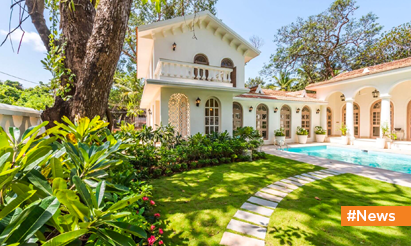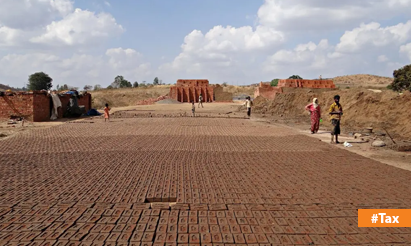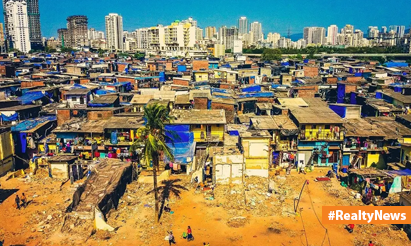Telangana announces “cool roof” legislation to lessen the effects of heat on structures!
Telangana, a state in southern India, has recently announced a pioneering policy to mitigate the impact of heat on buildings. The state government has introduced a ‘cool roof’ policy that aims to promote the use of reflective and heat-resistant roofing materials in new and existing buildings. This innovative initiative is expected to significantly reduce the urban heat island effect, improve energy efficiency, and create a more comfortable living environment for residents in Telangana.
The ‘cool roof’ policy is a sustainable approach to building design and construction that focuses on reducing the absorption of solar heat by roofs. Traditional dark-colored roofs tend to absorb a large amount of solar radiation, leading to increased heat transfer into buildings and higher indoor temperatures. This, in turn, results in higher energy consumption for cooling, increased greenhouse gas emissions, and a less comfortable living environment, especially during the hot summer months in Telangana. Under the new policy, building owners, developers, and architects are encouraged to use roofing materials that have high solar reflectance and thermal emittance properties. These materials reflect more sunlight and emit more heat back into the atmosphere, reducing the amount of heat absorbed by the building and keeping it cooler. Such ‘cool roofs’ can reduce the surface temperature of a building’s roof by up to 30 degrees Celsius, resulting in lower indoor temperatures, decreased energy consumption for cooling, and improved comfort for occupants.
The implementation of the ‘cool roof’ policy in Telangana is expected to have several benefits. Firstly, it will help combat the urban heat island effect, which is a phenomenon where cities experience higher temperatures than surrounding rural areas due to the concentration of buildings, pavement, and lack of green cover. By reducing the amount of heat absorbed by buildings, ‘cool roofs’ can help lower the overall temperature of the urban environment, making cities more comfortable and livable. Secondly, the policy will contribute to improved energy efficiency. By reducing the need for air conditioning and other cooling systems, ‘cool roofs’ can result in significant energy savings, reducing greenhouse gas emissions and lowering electricity bills for building owners. This aligns with the state’s efforts toward sustainability and environmental conservation.
Thirdly, the ‘cool roof’ policy will promote the use of innovative and sustainable building materials. Manufacturers of reflective roofing materials will see an increased demand for their products, which can drive innovation, research, and development in the field of energy-efficient building materials. This can also create new opportunities for local businesses and industries, boosting the economy and promoting sustainable growth.
In conclusion, Telangana’s ‘cool roof’ policy is a commendable initiative towards sustainable building practices and addressing the challenges of the urban heat island effect and climate change. By promoting the use of reflective and heat-resistant roofing materials, the policy aims to reduce the impact of heat on buildings, improve energy efficiency, and create a more comfortable living environment for residents. The implementation of this policy has the potential to contribute to a more sustainable and resilient built environment, benefiting the people, economy, and environment of Telangana.
Disclaimer: The views expressed above are for informational purposes only based on industry reports and related news stories. PropertyPistol does not guarantee the accuracy, completeness, or reliability of the information and shall not be held responsible for any action taken based on the published information.




